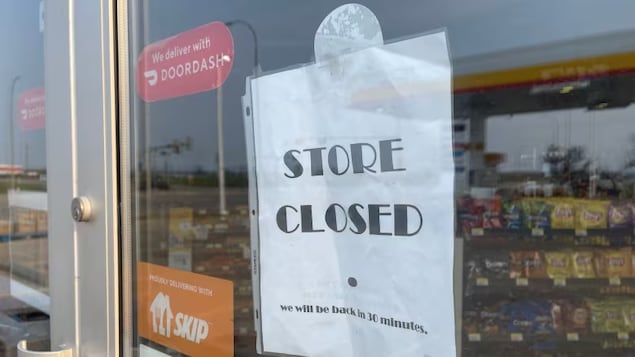The new immigrants, most of whom came to the United States from Venezuela and Colombia and lack work permits, have found a lifeline to generate income by taking advantage of existing laws that allow non-residents to open their own businesses.
“Many of these people arrive with strong work histories from their countries, but are not eligible for Temporary Protected Status (TPS) or a work permit. They are creating a company with Limited liability (LLC) and that’s how they get contracts.”
Hernandez, a US citizen, constantly needs employees to clean her homes and offices. With the help of a specialized lawyer (for document and background checks), she helps interested parties open their own companies and then recruits these new companies without risking breaking the law.
“There are no laws prohibiting an undocumented person from legally establishing and owning a business in any state,” Hernandez said, adding that “any legally owned business, with its identification number and duly registered, can engage the services of another legally owned business.” “Legal”.
Newcomers to Colorado, mostly Venezuelans, are focusing on construction, landscaping or snow removal, but some of the more adventurous have mobile barbershops or food delivery, according to information from the organization Highland Neighbors.
You may be interested in: Pro-immigrant groups file legal complaint against new asylum rules in the US
Examples of the struggle of new immigrants can be seen across the country. For example, in the country’s capital, dozens of migrants on scooters deliver food at home, working on platforms, after reaching this option through direct connections or after responding to advertisements on social networks to “rent” vehicles or delivery methods. As reported by the Washington Post.
“That’s exactly what I do,” admitted South American Sergio Ruiz to Effie, who accepted a “borrowed route” for home delivery of meals (a procedure he completed with his limited liability company) and exploited these deliveries to promote his own pastry creations.
“From Monday to Thursday I deliver other people’s food. From Friday to Sunday, I drive all over Denver and the northern part of Colorado with my deliveries. I cook everything in my house. I post something on Facebook and people call me,” the immigrant explained.
Similar work is carried out by Colombian Edgar Rodriguez in California. He claims that on a good week he earns nearly $800 net, which is much more than he could earn on minimum wage.
For Ruiz, this amount is “not bad for a beginner.” “Whoever really wants to work, whether at night or in the cold or snow, can double this income,” he said.
Pew Research Center statistics show that as of June 2020, 5% of American workers (7.6 million) were undocumented, the majority of whom worked in high-risk or low-income jobs.
But the situation changed after the epidemic. For example, currently approximately 15% of health workers are undocumented. In the textile sector, they represent 11%.
However, it’s not all good news. Injustice and exploitation at work are common. Other challenges include inability to access personal protective equipment or benefits, unpredictable schedules, cultural and language barriers, wage theft, and the constant fear of deportation.
“Although the good news is that illegal immigrants can open their own businesses in the United States, there is always the risk that the immigrant will be detained or deported by federal authorities. Always remind them when hiring. In fact, the risk exists,” Hernandez commented. , whether they have their own business or have their own.”





